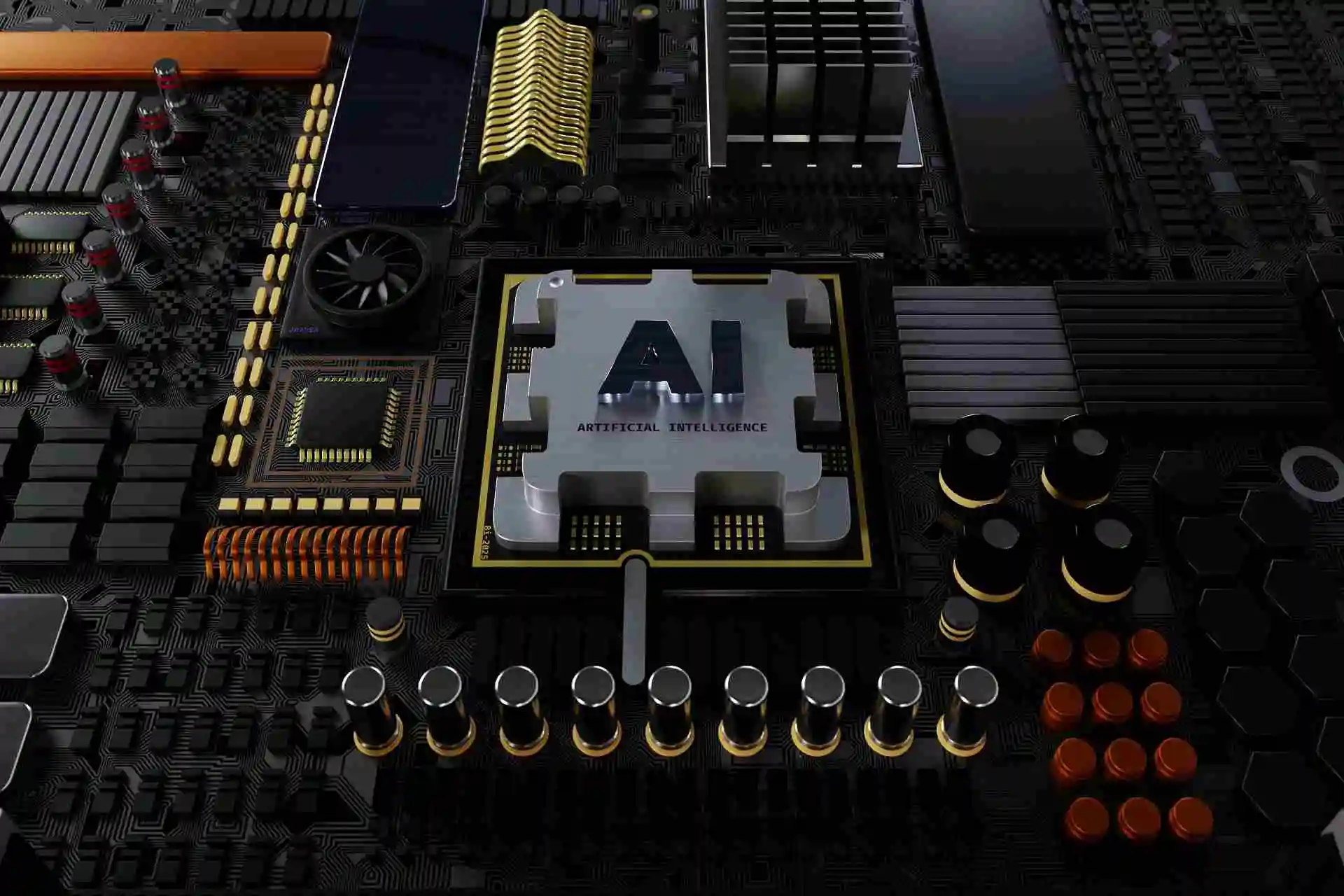Artificial Intelligence is in trend these days. On this point, any development in AI technology becomes news and spreads like wildfire. The news is big this time as OpenAI and Broadcom have come together to build an AI inference chip.
Many tech enthusiasts are curious to know the aftermath of this collaboration. They also want to know what the end product will be and how it will be beneficial in solving real-time problems. You must figure it out by reading the latest insights.
OpenAI and Broadcom Partnership
Recent news reveals that OpenAI and Broadcom Inc. plan to develop a new artificial intelligence chip. The objective of the development is to operate AI models post-training. The AI chip will undergo the process of designing and controlling inference—the procedure by which trained AI models react instantly to users’ queries.
Broadcom, which is already the largest application-specific chip-making company, has made several clients. The list includes Alphabet Inc.’s Google as its largest client, Meta Platforms Inc. and ByteDance Ltd (which owns TikTok). It is now partnering with OpenAI to develop something unique.
Additionally, sources reveal Broadcom AI chipmaker called upon Taiwan Semiconductor Manufacturing Co. (TSMC) to join them and assist in this venture. However, not even OpenAI, TSMC, and Broadcom have released the news of this partnership. Reuters reported the news in the first place.
Chip Development
Several Graphic Processing Units (GPUs) are used to produce the AI inference chip. Note that these are the ones that Nvidia Corp. produced, which dominated the market for training generative AI models.
However, the development of OpenAI and Broadcom chips only focuses on inferencing while neglecting training. The chip will adapt to user requests and manage inference computing needs. It does not create models from scratch.
Industry Expectations
OpenAI very well knows that producing a chip is a long-way path. Firstly, it combined Broadcom, and it later consulted TSMC. The decision to collaborate was great because many investors and analysts expect the demand for chips to increase.
Why? Because more and more tech businesses incorporate AI models to work on complex tasks, it naturally increases the need for OpenAI and Broadcom artificial intelligence chip production for inference.
Growing Competition in AI Chip Development
Though OpenAI is not the one which is going to employ AI chips, it tries developing what is called Nvidia GPUs alternatives. For this reason, it uses Advanced Micro Devices Inc. (AMD) processors rather than Nvidia processors.
Financial Implications
OpenAI is very much engaging in doing the task and discussing with Middle East investors and the US government. Even OpenAI Chief Financial Officer Sarah Friar announces that “Infrastructure is destiny.” Developing the demands of its AI tools comes with challenges, including heavy investment, but it is what everyone calls development and growth.
OpenAI readily asks the US government and worldwide financers to sponsor the development of the AI chip. If they do, the production will be massive and change how users handle real-time computational data.

